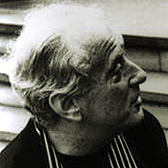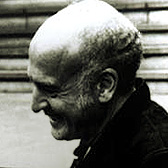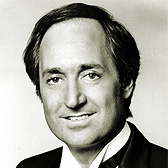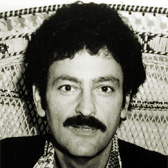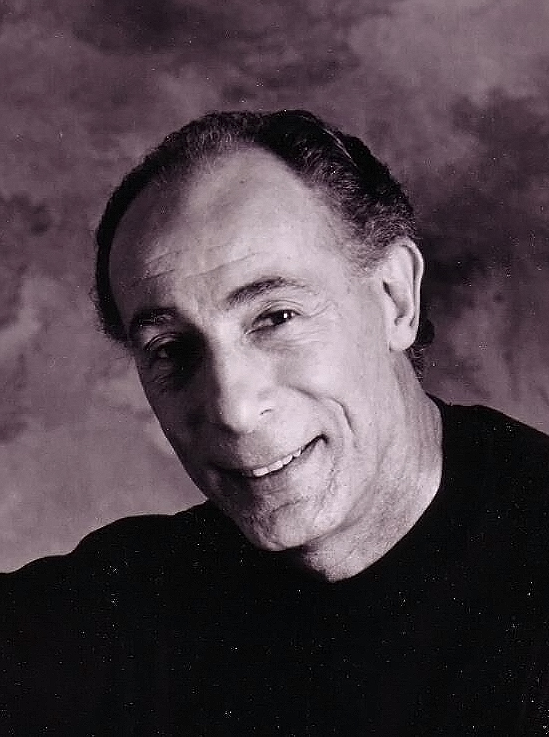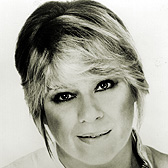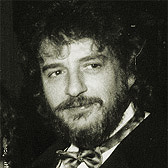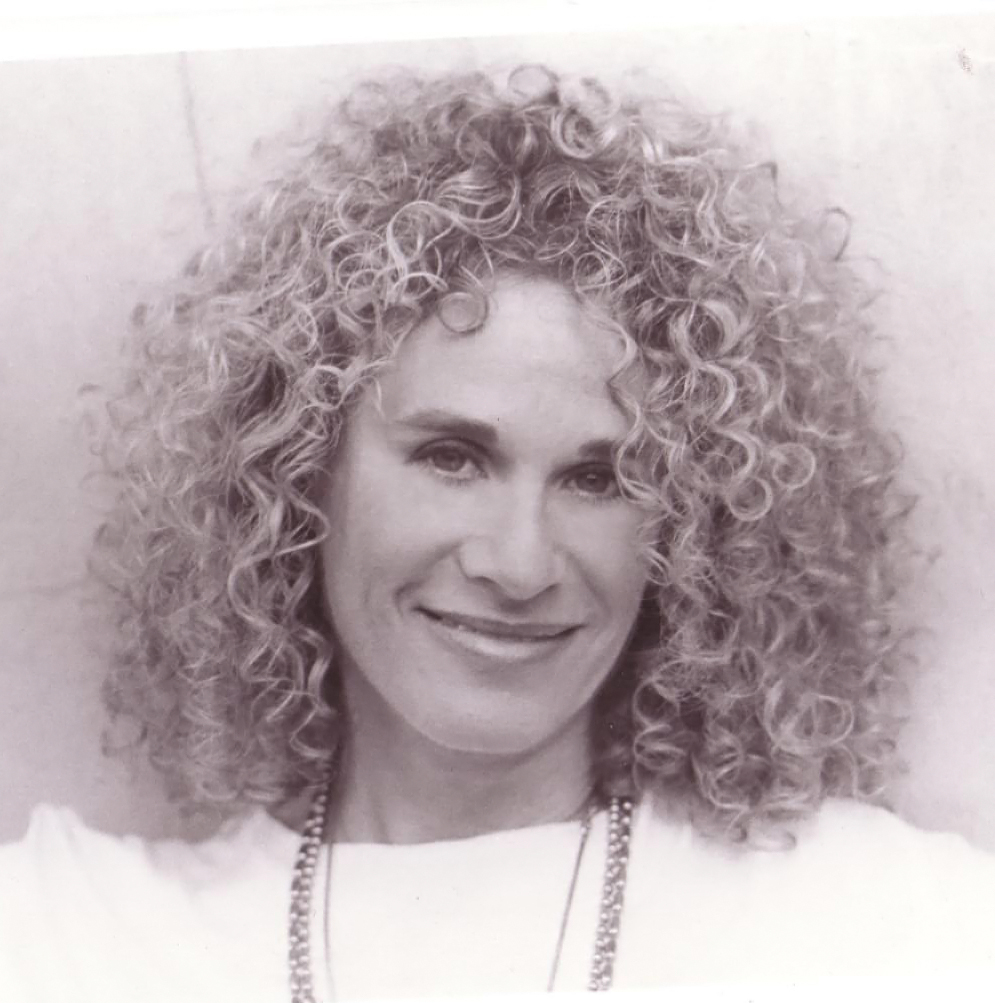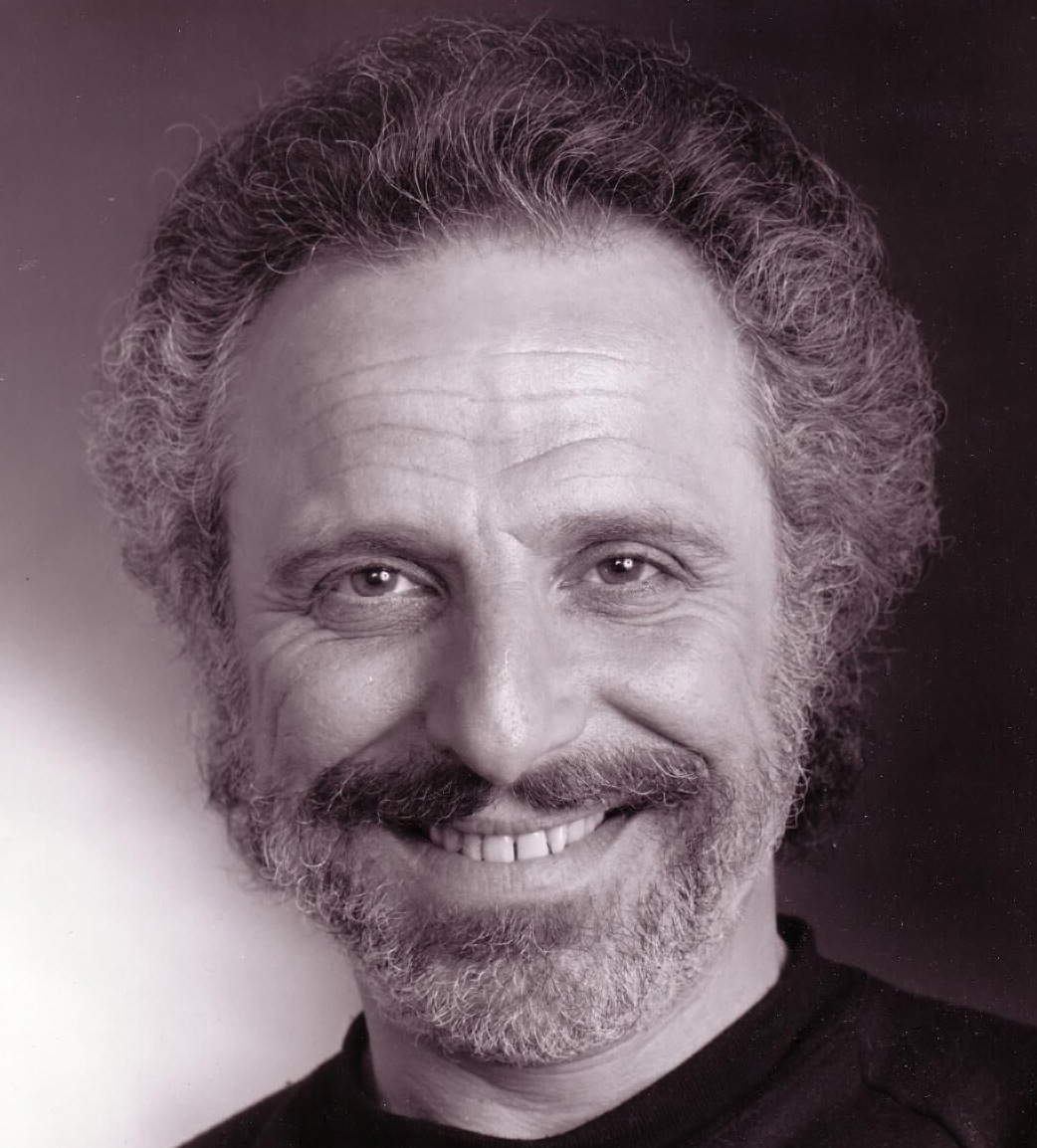
From Brill Building to Hollywood - 100 hits and counting
Barry Mann
InducteeWrote SHOF 2005 Towering Song "You've Lost That Lovin' Feeling;" Most Played Song in History on American radio; and "Somewhere Out There" Grammy Song of the Year (1988)
* Barry Mann and Cynthia Weil were also the 2011 recipients of The Johnny Mercer Award, the SHOF’s highest honor
Barry Mann is a name synonymous with some of the greatest, most enduring songs in the entire American Musical spectrum. In collaboration with Cynthia Weil and other writers, he's produced an outstanding body of work accounting for more than 200 million records sold. Early hits such as "You've Lost That Lovin' Feeling," and "On Broadway," started a catalog that began in the early 1960’s and continues to the present musical charts.
Barry Mann was born Barry Iberman on February 9, 1939 in Brooklyn, New York. He began taking piano lessons at age 11, after it was discovered that he could play pop songs by ear. In college, he studied architecture, but dropped out after a year to begin a career in music following a summer singing engagement at a Catskills resort in 1958. Mann was soon writing songs, and his first success, "She Say (Oom Dooby Doom)," was recorded by the Diamonds and became a top twenty hit in 1959. Mann was soon courted by producers Al Nevins and Don Kirshner, who signed him to write for their company, Aldon Music, in the famed Brill Building.
In 1961, Mann enjoyed his only chart success as a performer, with the novelty song he wrote, "Who Put the Bomp (In the Bomp, Bomp, Bomp). That same year Mann wrote "I Love How You Love Me," a hit for the Paris Sisters, and "War Paint," recorded by the British group the Brooks Brothers. 1961 was also the year Mann teamed with a new songwriting partner, Cynthia Weil, whom he also married that year. Their first success was "Bless You," recorded by Tony Orlando. They quickly became one of the most prolific and successful of the Brill Building songwriters, a group that included Neil Sedaka, Howard Greenfield, Jeff Barry, Ellie Greenwich, Gerry Goffin and Carole King.
Working with some of the most popular artists from the 1960’s to the present, the Mann-Weil catalog has produced such hits as "Uptown", "On Broadway", "Blame It On the Bossa Nova", "My Dad", "Johnny Loves Me”, "I'm Gonna Be Strong”, "Saturday Night at the Movies", "You've Lost That Lovin' Feeling", "Home of the Brave", "Walking in the Rain”, "Only in America”, "We Gotta Get Out of This Place", "Kicks", "Magic Town", "I Just Can't Help Believing”, "It's Getting Better", "Make Your Own Kind of Music”, "New World Coming", "The Shape of Things to Come", "Here You Come Again", and "Just Once". The most recent of Mann’s big hits was written with Dan Hill, "Sometimes When We Touch."
In December 1999, BMI, the performing rights organization, announced the Top 100 Songs of the Century, a list of the most played songs on American radio and television. The number one song on the list was "You've Lost That Lovin' Feeling," which had recently passed the eight million performance mark and surpassed The Beatles’ hit “Yesterday”. Mann had two other songs on the list: “On Broadway” (# 45) and “Sometime When We Touch” (#100).
Mann and Weil have been honored with over 108 pop, country and R&B awards from BMI as well as Lifetime Achievement Awards from the National Academy of Songwriters, The Clooney Foundation’s Award for Legendary Song Composition, BMI’s Robert Burton Award for most performed country song of 1977 (“Here You Come Again”), an Oscar and Golden Globe Nomination for “Somewhere Out There” and double Grammy Awards for “Song of the Year” and “Motion Picture or Television Song of Year” for “Somewhere Out There” (“Somewhere Out There” also received an Oscar and Golden Globe nomination for “Best Song in a Motion Picture”).
Barry Mann and Cynthia Weil continue to create and produce their memorable songs, most recently, as part of Atlantic Records songwriters’ series, which released the Mann tribute album “Soul and Inspiration”.
Scroll to Discover Barry Mann Connections



